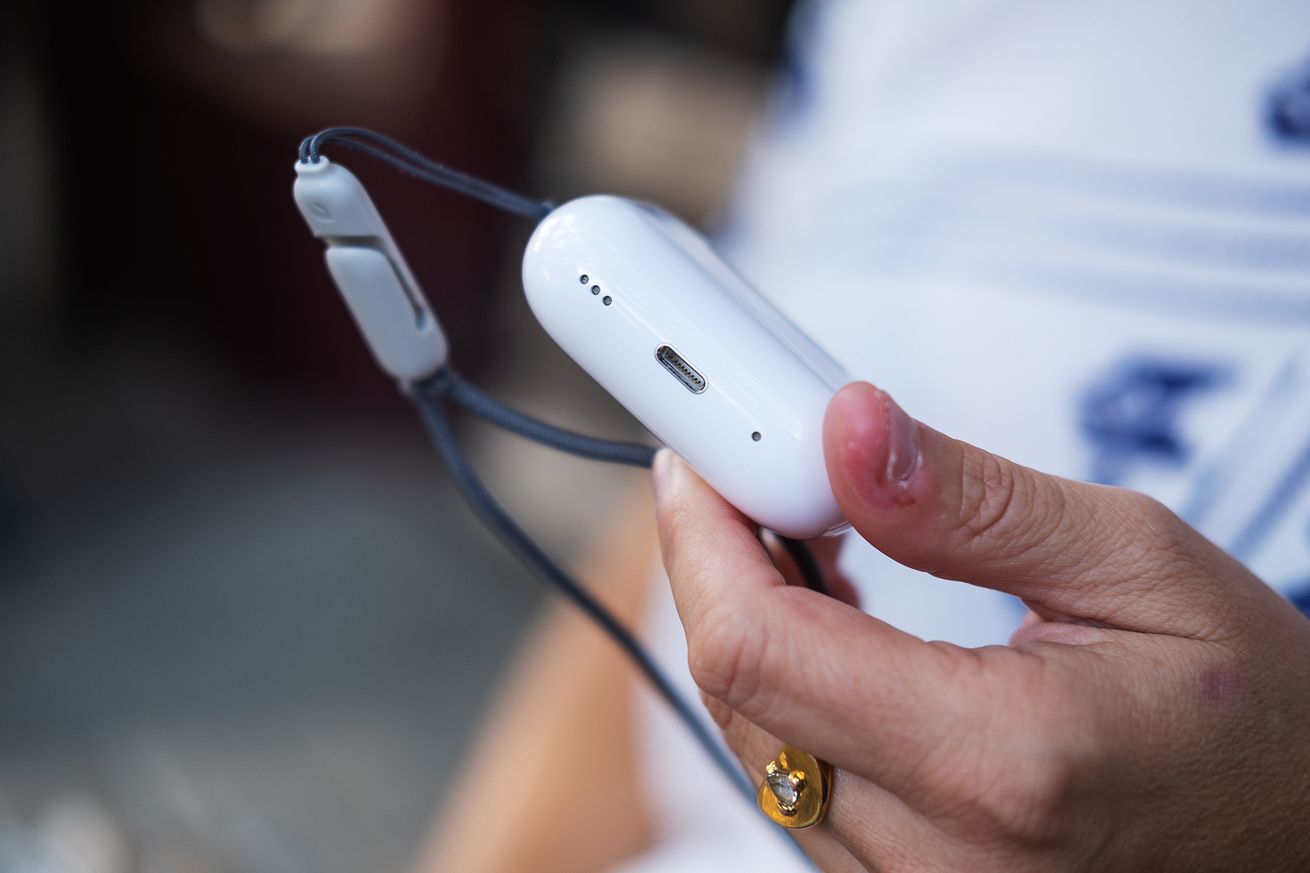
Apple’s preparing to adopt USB-C charging across its line of AirPods and Mac accessories within the next couple of years, according to a report from Bloomberg’s Mark Gurman. The purported shift away from Lightning comes as the European Union looks to mandate USB-C charging on new smartphones, tablets, and headphones released in the region in late 2024. While the legislation still hasn’t yet been signed into law, it received approval from the European Parliament last week.
To comply with the upcoming rules, Gurman believes Apple might bring USB-C to the next-gen AirPods, AirPods Pro, and AirPods by 2024, while Mac accessories, including the Magic Mouse, Magic Keyboard, and Magic Trackpad could make the switch to USB-C as soon as next year. Apple’s due to refresh its Mac lineup with a new iMac and Mac Pro next year, and since the release of new Macs typically “coincides with accessory updates” Gurman says “it’s a safe bet that those accessories will move to USB-C in their next incarnation.” Gurman similarly believes Apple will swap over its AirPods before the EU’s legislation goes into effect.
Earlier this year, a report from Gurman suggested that Apple has already started testing USB-C charging on its iPhones, but that we shouldn’t expect them to land on devices until 2023 “at the earliest.” Gurman reiterates this belief in this most recent Power On newsletter, once again adding that he thinks Apple will add a USB-C charging port to the iPhone 15, as well as to the entry-level iPad expected to release by the end of this year.
As my colleague Jon Porter points out, Apple technically wouldn’t have to comply with the EU’s upcoming law until it releases the iPhone 17 in the fall of 2025, as there’s a two-year grace period that allows companies (namely, Apple) enough time to make the transition to USB-C. Despite this, Gurman thinks Apple will “handily beat the due date with its most visible products.”
Even if Apple does make the transition to using USB-C, Gurman expects its presence on Apple devices to be short-lived. Gurman believes that Apple will eventually bring inductive charging to the iPhone and iPad “at some point in the next few years” to get around the legislation, as it doesn’t apply to devices that don’t support wired charging.
Source: The Verge